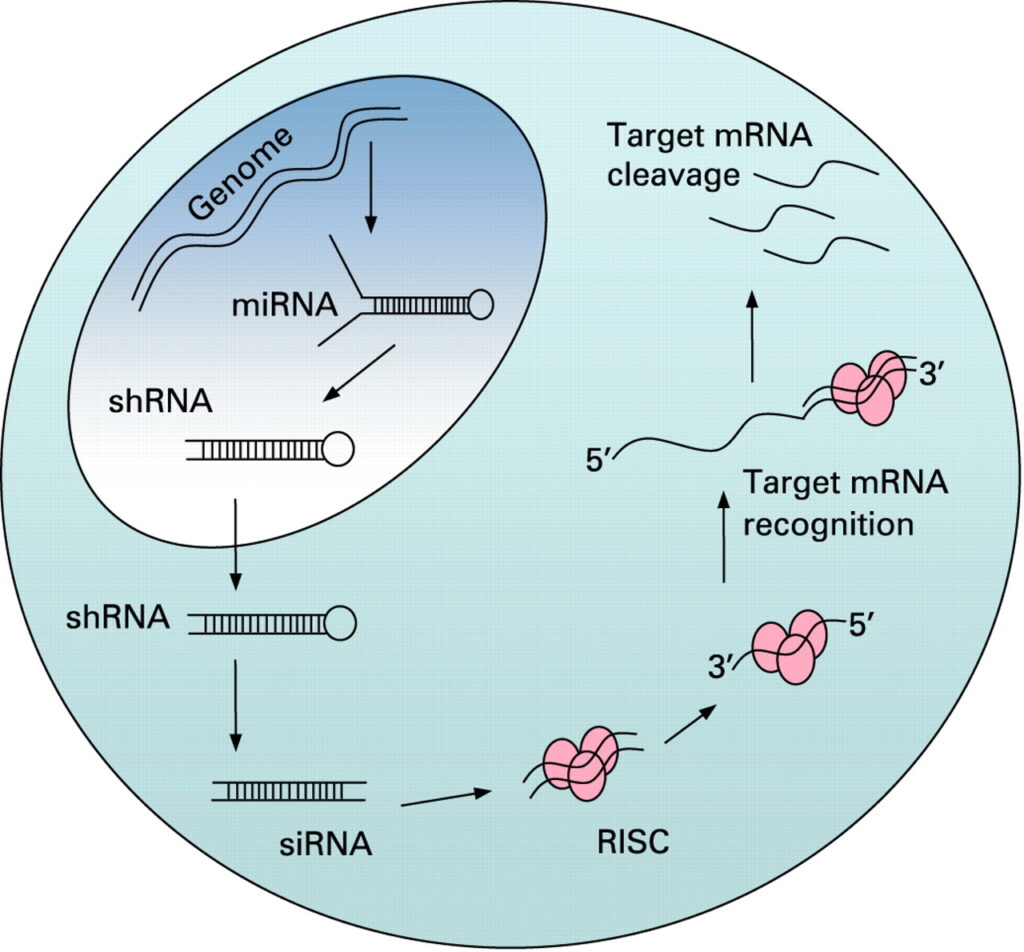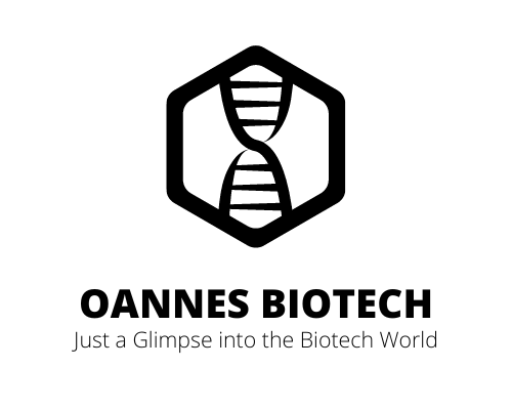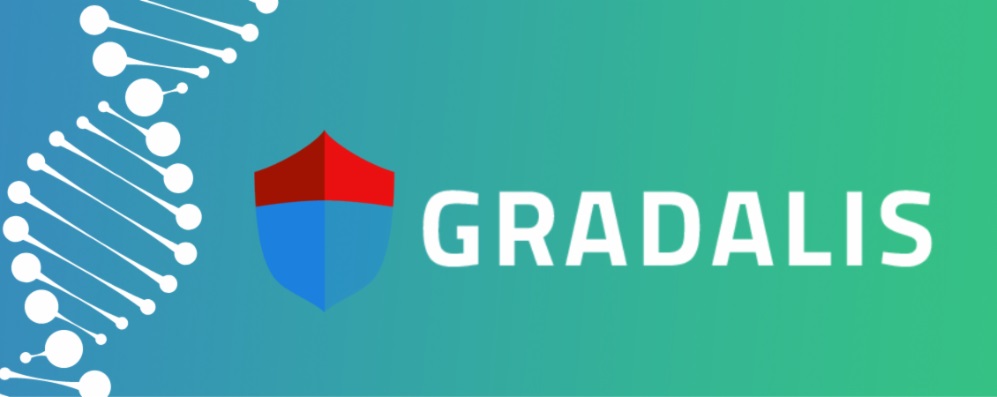In a significant leap forward in the ongoing battle against drug-resistant cancers, Gradalis, a forefront player in personalized cancer immunotherapy, has unveiled promising results for its innovative candidate, GRAD1405 bi-shRNAi. This groundbreaking therapeutic has exhibited a positive impact on three key KRAS mutations prevalent in drug-resistant lung, colon, and pancreatic cancers. The emergence of such a multifaceted solution marks a pivotal moment in the pursuit of effective treatments for these challenging malignancies.
The KRAS Challenge
KRAS protein works as a switch that controls cell growth and its mutations, particularly common in lung cancer, colon cancer, and pancreatic cancer, stimulate uncontrolled cell growth. The most frequent driver mutations include the C, D, and V types at the G12 position. KRAS mutations have long posed a formidable obstacle in the development of targeted cancer therapies, as they are particularly notorious for their association with drug resistance, rendering many conventional treatments ineffective.
Gradalis’ bi-functional short hairpin RNA interference (bi-shRNAi) technology platform is a vector-based biotechnology that induces mRNA degradation by producing both siRNA-like and miRNA-like molecules in target cells. This bifunctional approach enhances RNAi, directing it to a broad spectrum of diverse cell populations, and significantly increases bioavailability, pharmacodynamics, and pharmacokinetics. Being a DNA vector-based technology, bi-shRNA can be used within the context of single plasmids to impact multiple targets.

Positive Impact on Drug-Resistant Cancers
GRAD1405 shows robust, dose-related tumor growth control by consistently reducing KRAS mutant proteins and potentially eliminating the need for multiple therapeutic compounds in addressing different genes. Furthermore, GRAD1405 also shows a significant reduction in the expression of the two key KRAS-activated downstream cancer-promoting signals Myc and elF4A1, thus hindering cancer growth and restoring the normal levels of Myc and efF4A1.
According to Donald Rao, Ph.D., Gradalis’ Director of Interference Technology and the inventor of bi-shRNAi technology, “The unique aspect of bi-shRNAi technology relates to its bi-functional mechanism. Other RNAi molecular technologies like siRNA disrupt mRNA to protein gene expression by only one mechanism: cleavage dependence. Gradalis’ bi-shRNAi technology controls the DNA-to-protein pathway by an unprecedented two mechanisms: mRNA cleavage dependence and cleavage independence. This mechanism has shown a five-fold improvement in cancer gene and protein target expression knockdown compared to siRNA controls in two prior clinical trial products, pbi-shRNA STMN1 lipoplex1, 2 and pbi-shRNA EWS/FLI1 lipoplex3.”
The Future of Personalized Cancer Therapies
The success of Gradalis’ GRAD1405 bi-shRNAi not only represents a significant advancement in addressing drug-resistant cancers but also underscores the potential of personalized cancer therapies. By targeting specific genetic mutations, this innovative candidate heralds a new era in precision medicine, where treatments are tailored to the individual genetic makeup of each patient.
As stated by John Nemunaitis, MD, Gradalis’ Chief Scientific Officer and a co-founder of the company, “We believe this gene silencing technology platform is a major step forward in treating solid tumors and will be applicable beyond NSCLC, colon cancer, and pancreatic cancer. This approach can be used to target any mutation driving cancer growth.”
Conclusion
The positive impact observed in lung, colon, and pancreatic cancers highlights the potential of this innovative therapeutic candidate to redefine treatment strategies for patients facing limited options. As the journey from research labs to patient care continues, GRAD1405 Bi-shRNAi stands at the forefront of a new era in cancer therapeutics, offering personalized solutions and renewed hope for those in the fight against drug-resistant malignancies.




